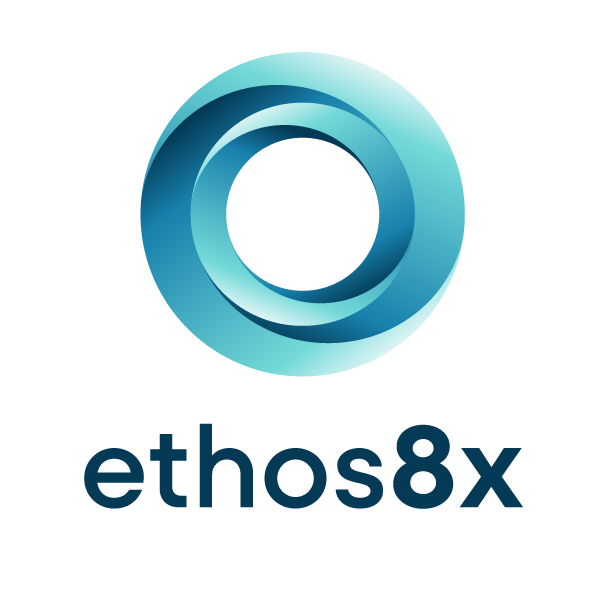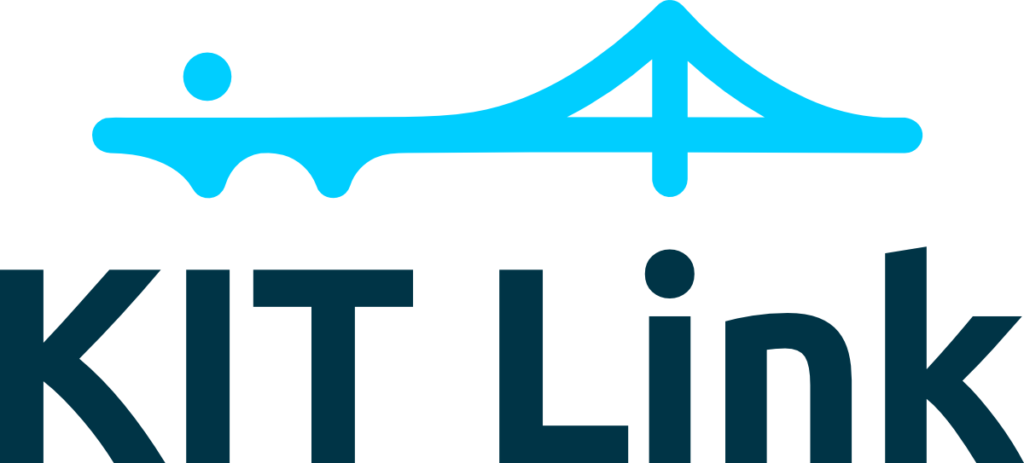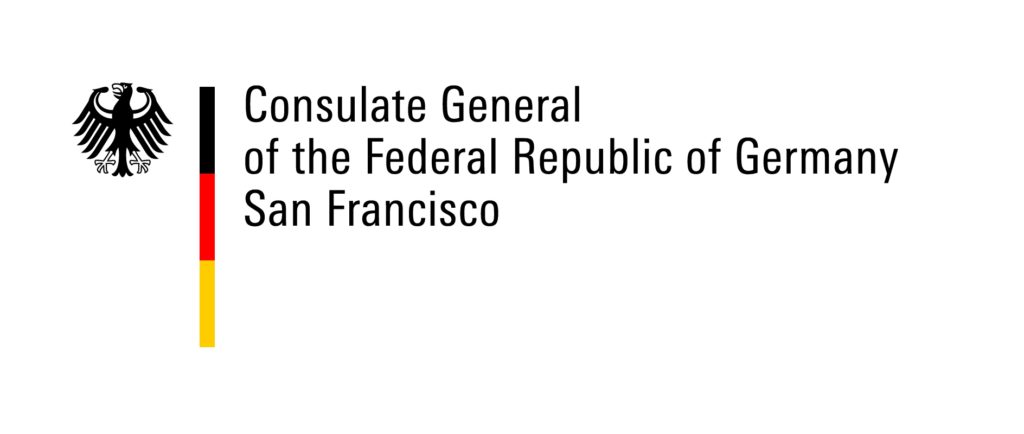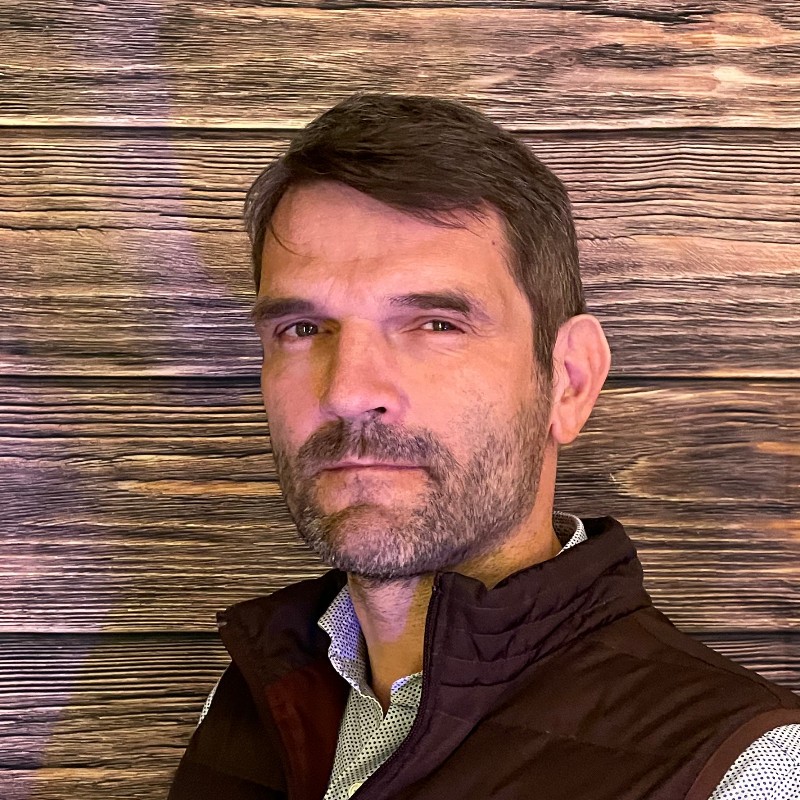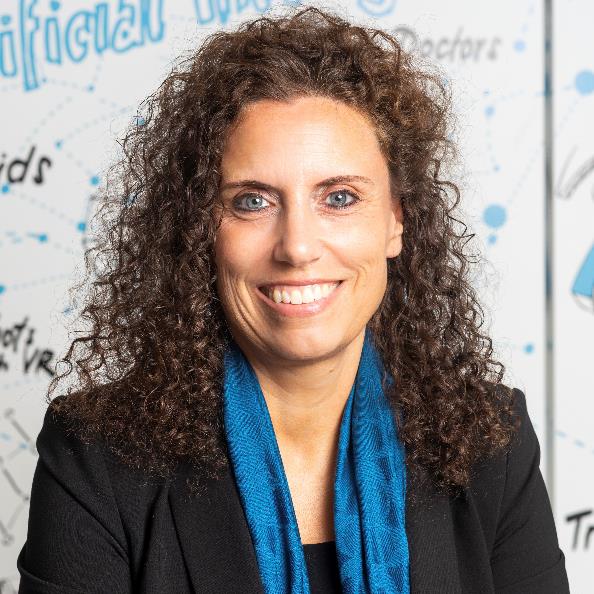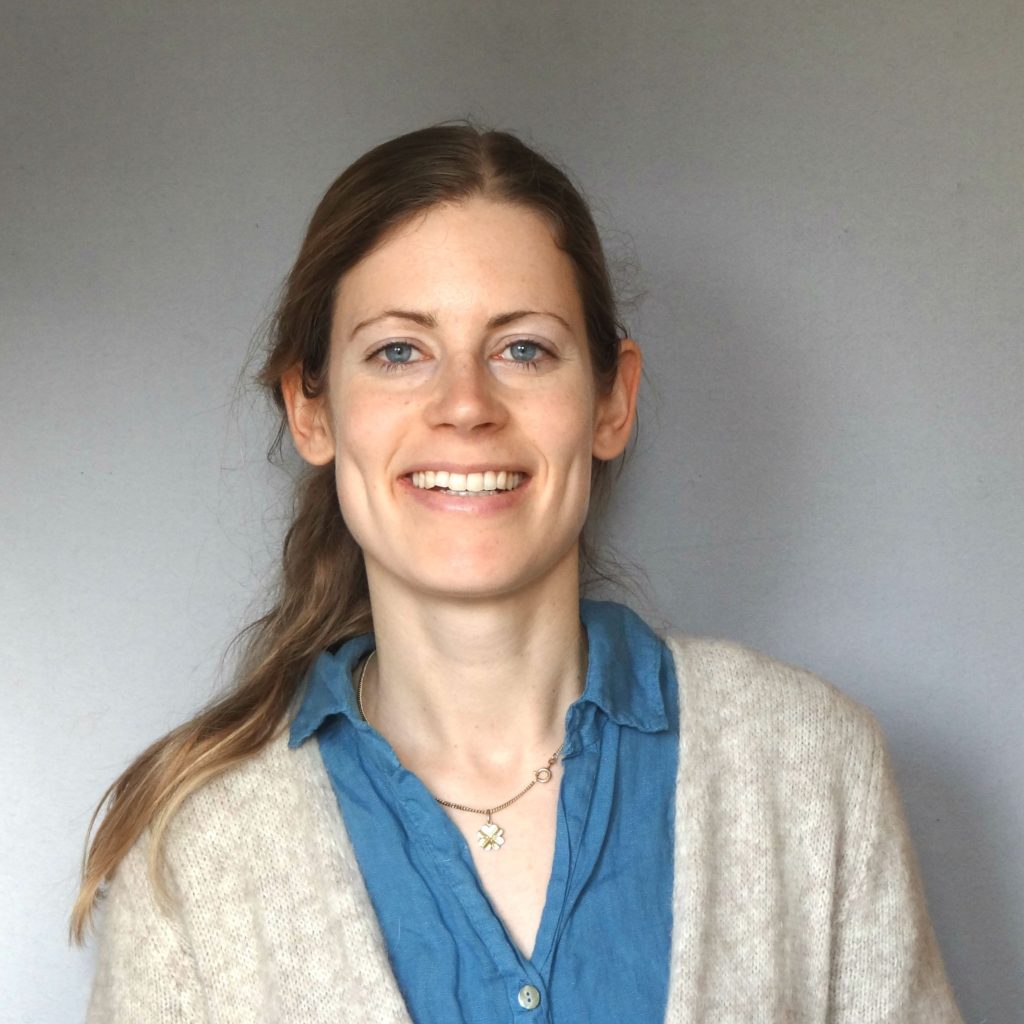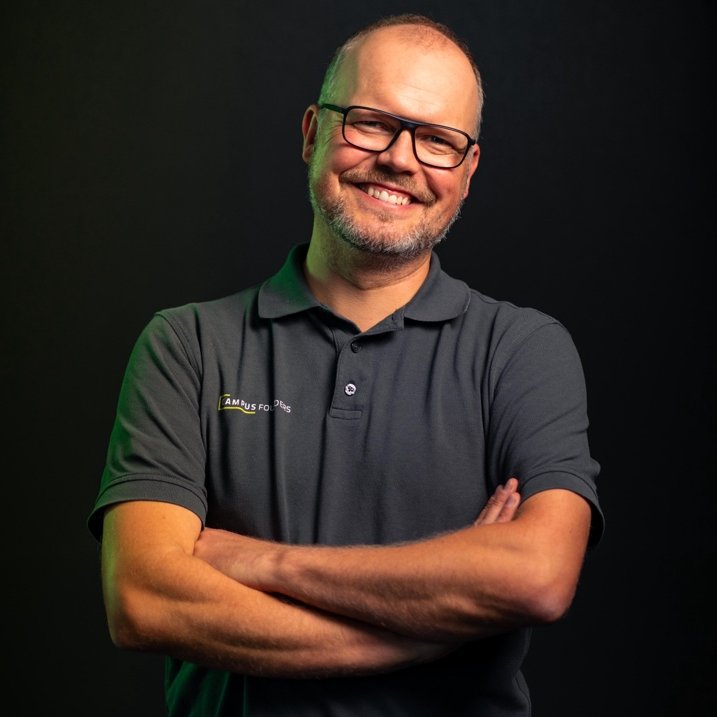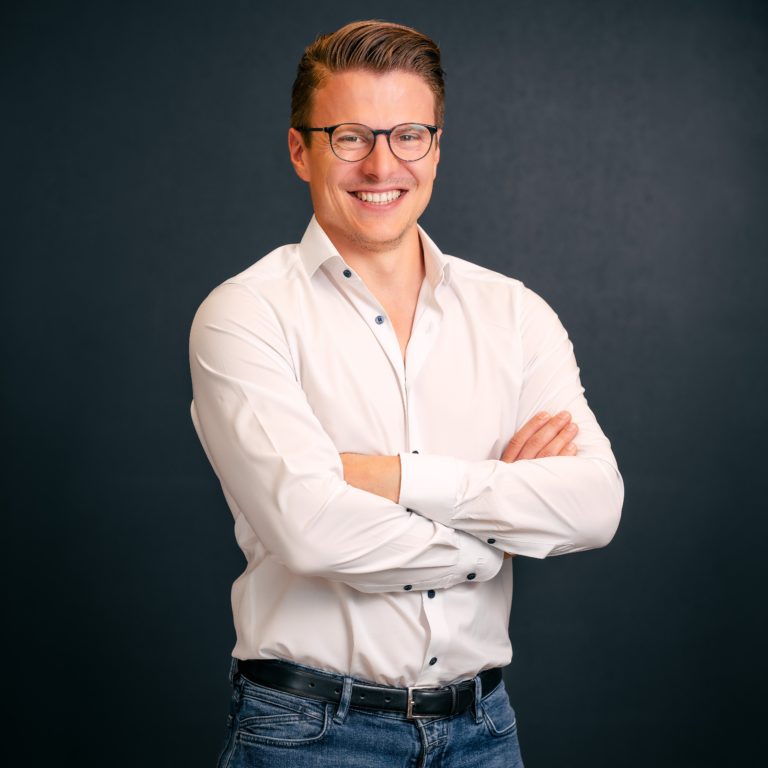Co-Ideate
Project Value Partners
Support through exclusive partnerships
The Value Partners form the commission for selecting the companies, start-ups, and representatives participating in the project. They use their established networks to help build awareness around its offerings and the importance of continued learning in the area of innovation. They also lend their expertise in their respective areas through presentations and workshops to contribute to the group’s learning and development.
The AHK USA - San Francisco is part of a worldwide network of German Chambers of Commerce Abroad (AHK) with over 150 offices in 94 countries and thus an official representation of German business on the US West Coast.
Campus Founders gGmbH is an entrepreneurship and innovation center on the educational campus of the Dieter Schwarz Foundation in Heilbronn and currently comprises 10 institutions. The task of Campus Founders is to promote entrepreneurship and the spirit of innovation among students and their collaboration with regional companies.
Enterprise Garage is led by CEO Mario Heger, who has been living in Silicon Valley since 2001, researching technology trends there and advising companies on topics such as innovation, Silicon Valley Mindset, Foresight Mindset, Automotive, Artificial Intelligence, Creativity, or Intrapreneurship.
Petra Chequer has built a large, high-performing transnational network at the CEO level. From her position as CEO of Ethos8x, she conducts "Board Readiness for Leaders" programs and deals with relevant questions on diversity and inclusion. In the transatlantic context, Ethos8x supervises Peer Groups of senior executives from Germany and Silicon Valley.
The German American Business Association of California (GABA) is a non-profit organization that offers knowledge exchange and cooperation for a large network of diverse business partners. The organization comprises more than 400 active members and companies in Germany and the USA/California. The network gains professional depth through GABA expert groups in the areas of: New Technologies & Innovation, Smart Infrastructure & Mobility, Life Sciences & Digital Health, Communication, Media & Entertainment, Leadership, Human Capital & Future of Work.
KIT Link is the transatlantic network for innovative and future-oriented research at the Karlsruhe Institute of Technology. KIT Link maintains locations in Germany and Silicon Valley and stands for the overarching knowledge exchange between these locations. It promotes transatlantic communication and represents the German research landscape in the innovative environment of Silicon Valley.
Project Idea Advisor
Sharing knowledge and closing gaps
As an idea advisor, Porsche is connected through a long-standing and successful partnership with the LeadershipGarage and the Institute for Performance Management at Leuphana University Lüneburg. An example of this is the executive program "Executive LeadershipGarage" (ELG).
Here, speakers and thought leaders from Leuphana University, Stanford University, and Silicon Valley come together to provide executives with a unique insight into the mindset of Silicon Valley. With the objective of "Leading in a digital world," the focus is on addressing the necessary skills and attitudes. At the same time, the discussion and networking with leading minds of the other participating ELG companies enables a valuable exchange and change of perspective.

Inspired by this executive program, the Trans-Nation-Co-Creation Project is another program that makes this novel connection with Silicon Valley accessible to SMEs, start-ups, and public administration.


